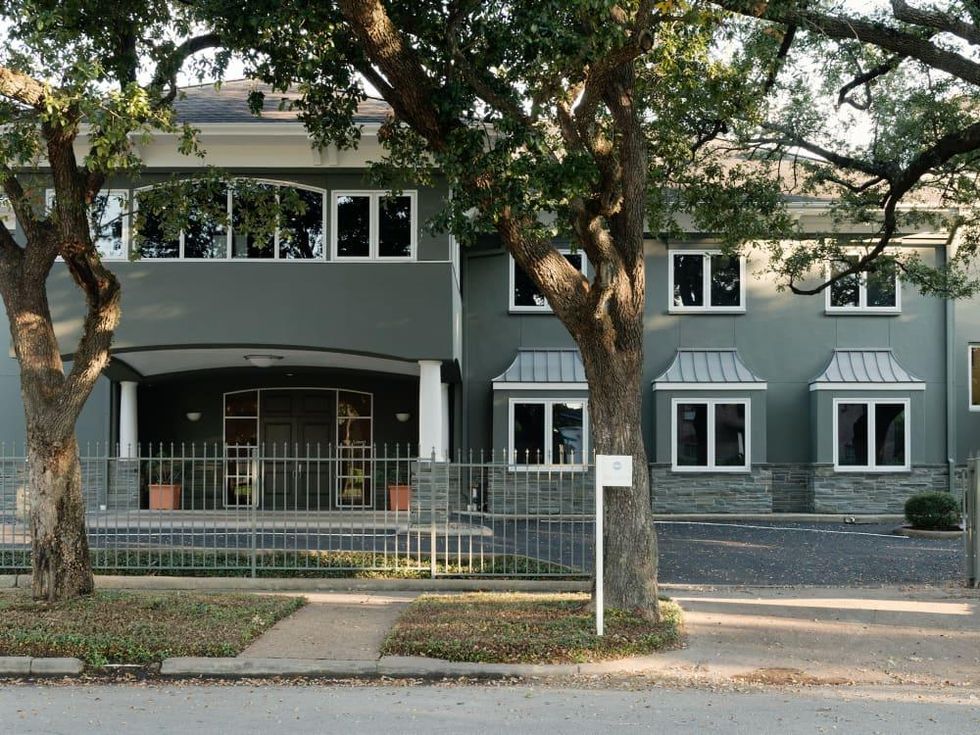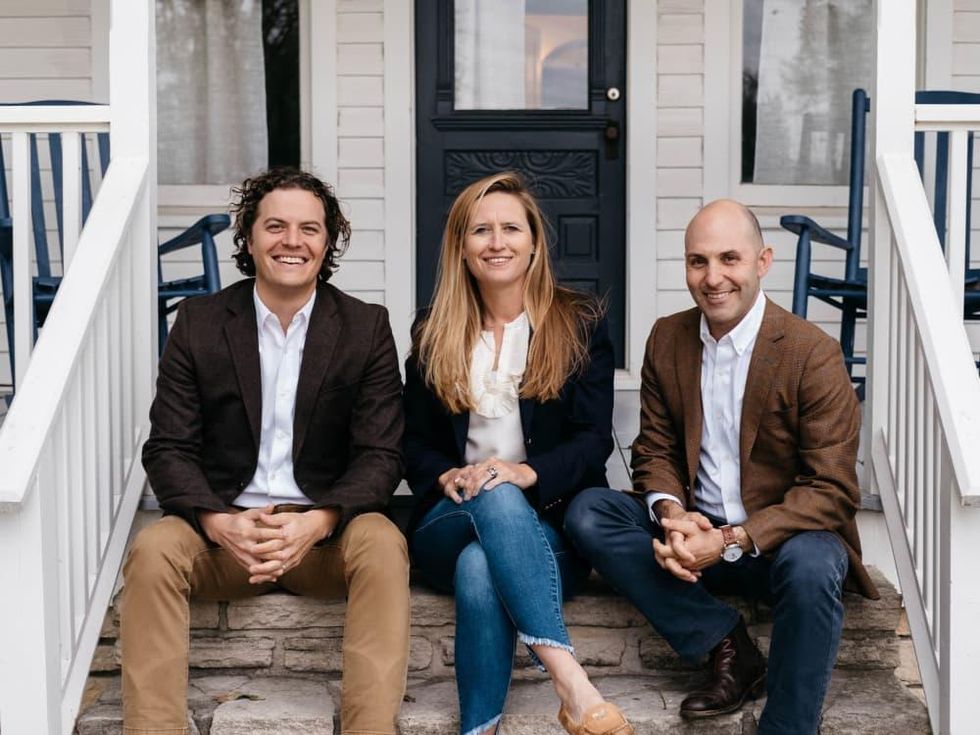Just Breathe
Houston expert shares 10 ways to preserve mental health during COVID-19
One disruptive aspect of social distancing has been the shift to working from home. Being away from the office for an extended period of time upsets people’s usual routines by undermines the social bonds they’ve formed with colleagues and co-workers.
Participating in group therapy sessions could allow some people to satisfy the needs they’re no longer able to meet in their traditional work environment. Robert Hilliker, LCSW-S, LCDC, chief clinical officer and co-founder of The Lovett Center, tells CultureMap that he and his colleagues are seeing more and more patients (via telemedicine) who need some help adjusting to their new reality.
Currently, the facility is offering two group therapy sessions: a COVID-19 Pandemic Online Support Group for people feeling anxiety about the pandemic and an Online Support Group for Hospitality Industry for people who’ve lost their jobs as a result of restaurants being closed for dine-in service. See The Lovett Center’s website for the current schedule.
“I always say group therapy saved my life,” Hilliker says. “It’s a wonderful way to know you’re not alone.”
Those feelings of being isolated and alone should prompt people to consider seeking professional help.
“I would say where possible if you have a strong network of support and meaningful connections in your life, you may very well be able to manage by reaching out more and getting support,” he says.
“If you're feeling particularly socially withdrawn or overwhelming anxious, it may make sense to reach out and get some support from a professional.”
Costs are reasonable. The pandemic group is $35 and the hospitality group is free with proof of recent employment. Hilliker shares tips on how to stay balanced and mentally healthy during this trying time.
Just breathe
For those looking to mitigate a more imminent feeling of anxiety, Hilliker recommends a simple breathing exercise. Common in practices like yoga or Zen meditation, he suggests breathing deeply into the lungs through the nose for a 6-count, then exhaling completely. Repeat three or four times.
“This is the idea that if you slow your breath in this way you’ll slow down your heart rate, slow the rat race in your brain, and really start to feel like you have more control over the rhythms of your body,” he says.
Get outdoors
"I think you can get a little stir crazy being inside all the time," says Hilliker. "There’s something about getting outside where that’s safe and possible for people to do. To not just find yourself binge watching television cooped up inside. A little bit of TV is fine, but if you find yourself watching 12 straight hours of television, you’ll feel increasingly anxious and somewhat bored and despondent."
Learning how to cultivate spiritual practice
In the absence of access to a faith community, Hilliker suggests "finding ways to pray, meditate, create time for yourself, things like that can be really important."
Renewed energy around cooking at home
"Culturally, we’ve lost our way with food a lot of times," Hilliker notes. "There’s an opportunity for people to get back to cooking and being together and having a family table. Even just the love of cooking people can have for themselves."
Catch up on reading
"Turn off the television and open up a good book," Hilliker advises. "A lot of people tell me when I sat with them [say], ‘I wish I read more. I wish I made the time for that.’ The time has been made for you in some sense, and it’s an opportunity to do that."
Staying connected, whether by phone or video chat
"A lot of what I’m doing is telehealth via Zoom and other programs," says Hilliker. "In the absence of personal connection, creating opportunities to connect with people in a meaningful way — not just news and weather, and recycling conversations about, ‘have you seen the headlines?’"
Instead, suggests asking things like, "how are you feeling? How’s this prompted you to think differently about yourself or your life?' This whole pandemic has really prompted people to take stock of their lives. I likened it to when a house is on fire, you find out what you love by what you go for first. When things start to shut down, what we go for is an indicator of where we need to put time and energy."
Writing letters to family members
"Drawing pictures and writing letters for family members is a great way to engage kids and stay connected with people we love. They’ve liked receiving letters," says Hilliker.
Creative expression
Do things that you maybe haven’t allowed yourself to do or give yourself space to, Hilliker notes. "I was on the phone with a person who works in the oil and gas industry. He’s taking some time to paint and draw in an at-home studio. It’s something he’s talked about but hasn’t really made space for."
Organizing and cleaning the living space
"I’ve heard from so many people that they’ve taken the time to unpack that scary closet that’s been daunting to them — they’ve taken time to clear away things that have piled up metaphorically or literally in their lives," Hilliker says.
Making daily gratitude lists
"I think this is a time when the practice of gratitude is incredibly helpful," Hilliker says. "There’s a lot of study where a regular practice of gratitude increases happiness and overall life satisfaction. It’s a time where there is a lot to be grateful for, and there’s a lot that people are anxious and afraid of."
He concludes with a few thoughts advising people to assess the situation realistically and not let their feelings of uncertainty overwhelm them:
"One of the things I think about with anxiety is particularly with this issue with COVID-19, what we have with my work in individual patients is people who have anxiety stemming from uncertainty and a sense of a lack of control. I try to remind people that all of these things that are changing rapidly are outside of their control, and they can’t predict the future.
The uncertainty doesn’t mean there’s going to be a negative outcome. There’s just as much possibility of a positive outcome, especially if we adhere to all the things we’re supposed to do with regard to social distancing and taking care of our health."




 The building at 4911 will be torn down for the new greenspace. Holland Lodge No. 1, A.F. & A.M./Facebook
The building at 4911 will be torn down for the new greenspace. Holland Lodge No. 1, A.F. & A.M./Facebook